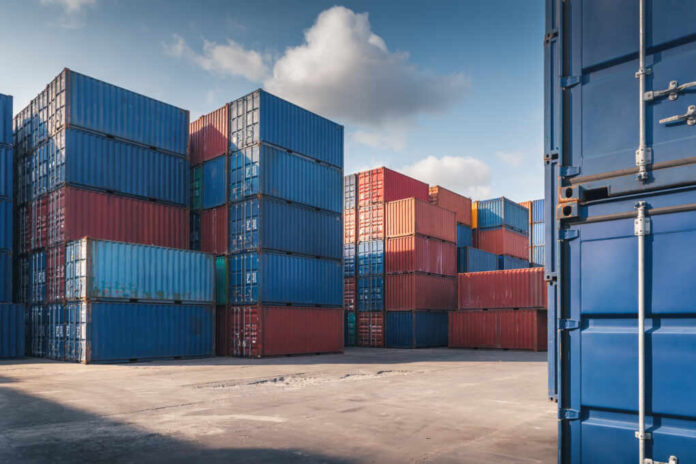
China condemns the UK-US trade agreement, warning it could isolate Beijing and damage broader economic relations despite recent warming ties between Britain and the world’s second-largest economy.
At a Glance
- China criticized the UK-US trade deal for potentially harming third parties, describing some clauses as “poison pills”
- The agreement includes provisions targeting “non-market policies” aimed at preventing China from circumventing US trade restrictions
- UK-China relations had been improving under Labour, with Chancellor Rachel Reeves securing deals worth £600 million during a recent Beijing visit
- The UK-US deal reduces tariffs on British steel, aluminum, and car exports, while increasing US agricultural access to UK markets
- The UK government maintains it can balance relationships with both economic superpowers while protecting national interests
China’s Strong Rebuke of the UK-US Trade Deal
Beijing has issued a stark warning to the United Kingdom regarding its newly established trade agreement with the United States. China’s foreign ministry directly criticized the bilateral deal, suggesting it explicitly targets Chinese interests and violates what they consider a fundamental principle of international trade agreements. The ministry emphasized that cooperation between nations should not come at the expense of uninvolved countries, particularly as specific provisions in the deal appear designed to counter Chinese economic practices.
“Co-operation between states should not be conducted against or to the detriment of the interests of third parties,” stated Beijing’s foreign ministry in a formal response to the agreement.
The agreement concerns language from China’s perspective, specifically addressing “non-market policies of third countries.” This phrasing appears carefully crafted to prevent Britain from becoming a backdoor entry point that might allow Chinese goods to bypass American trade and security measures. Chinese officials have characterized some elements of the deal as “poison pills” that could significantly damage bilateral relations between London and Beijing.
— Themes ETFs (@ThemesETFs) April 23, 2025
Economic Stakes and Balancing Act
The timing of this agreement creates a precarious situation for the UK government, which had been making substantial progress in rebuilding economic ties with China. Chancellor Rachel Reeves recently secured agreements worth approximately £600 million over a five-year period during her diplomatic visit to Beijing. These developments marked a positive shift in UK-China relations under the Labour government, with high-level engagements resuming after a period of tension.
The UK-US trade deal offers Britain some economic benefits, including the removal of a 25% tariff on British steel and aluminum exports and reducing tariffs on UK car exports from 27.5% to 10% for up to 100,000 vehicles annually. However, these concessions come with strict American security requirements, including rigorous supply chain scrutiny and ownership structure investigations that appear targeted at limiting Chinese involvement in British manufacturing and trade.
China’s Economic Defense Strategy
In response to what it perceives as coordinated Western pressure, China has pivoted toward a “dual circulation” economic strategy. This approach aims to boost domestic production capabilities and increase China’s economic resilience against external trade restrictions. State-backed companies are being encouraged to source components locally whenever possible, creating a more self-sufficient industrial base less vulnerable to international trade pressure.
Beijing fears this agreement represents part of a broader American strategy to pressure allies into excluding Chinese products from global supply chains, effectively creating an economic containment policy. Chinese officials have expressed disappointment that the UK government accepted these terms, viewing it as contradictory to recent diplomatic efforts aimed at rebuilding stronger economic ties between the two nations.
UK’s Defense of the Agreement
The UK government has firmly defended its position, insisting the deal serves Britain’s national interests by securing thousands of jobs and protecting domestic businesses. Officials maintain that countries should determine their trade policies based on their sovereign interests, and that the UK remains open to investment from various countries, including China, despite the new US agreement’s provisions.
“This Government signed a deal with the US in the national interest to secure thousands of jobs across key sectors, protect British businesses and lay the groundwork for greater trade in the future,” explained a Government spokesperson when addressing concerns about the agreement’s impact on UK-China relations.
The deal also includes liberalized quotas for American beef and ethanol exports to British markets and explores deeper cooperation in pharmaceuticals and advanced manufacturing sectors. However, these opportunities remain contingent on UK compliance with American security provisions that could limit Chinese participation in these industries, creating a complex balancing act for British policymakers attempting to maintain productive relationships with both economic superpowers.

























